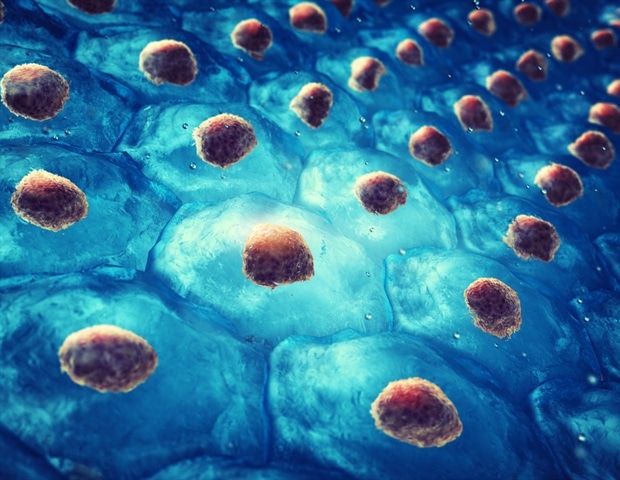Each minute of on a daily basis, our frame adapts to fulfill the wishes of every second. After we binge on carbs, workout, or develop into in poor health, chemical reactions within our cells transfer on, decelerate, or shift technique so that we’ve got the power and power we’d like.
All this occurs with out us realizing it, possibly explaining why so little is known about how the frame senses and responds to those consistent calls for. In quest of solutions to this query, scientists at College of Utah Well being led analysis that opens up an entire new international inside of our cells. Their find out about, revealed in Science, uncovers an unlimited community of interactions that recommend how cells modify in genuine time to resist stresses on our fitness.
We are finding how nature has advanced to ‘drug’ its personal proteins and pathways. Through following nature’s lead, we are studying find out how to make higher therapeutics.”
Jared Rutter, Outstanding Professor, Division of Biochemistry, College of Utah
Those findings-;and the generation that made them possible-;has develop into the root for the biotechnology corporate Atavistik Bio, co-founded via Rutter. The corporate is leveraging this new working out to boost up drug discovery for metabolic illnesses and most cancers.
At a extra elementary stage, Rutter says, the development deepens wisdom about how cells and our our bodies paintings.
A brand new frontier
The community described within the find out about represents an underappreciated layer of legislation in cells that comes from an sudden supply. For just about two decades, Rutter’s lab has researched metabolism, the chemical reactions that produce power and construct very important elements to stay cells working easily. Their new analysis unearths that intermediate merchandise of the ones chemical reactions are greater than passive development blocks and resources of gasoline for cells, as had lengthy been concept.
As a substitute, those intermediate merchandise, in conjunction with different metabolites, make up an expansive internet of sentries that observe the surroundings and recommended cells to evolve when wanted. They do that via interacting with proteins and enhancing how they paintings. Does a large meal pump too many carbs within the frame? Or an excessive amount of fats? Like a railroad transfer that guides a teach onto a brand new observe, those protein-metabolite interactions shift metabolic operations to damage down the ones vitamins and stable the route.
The find out about’s first writer Kevin Hicks, Ph.D., evolved a brand new generation, termed MIDAS, that unearths the enormity of the regulatory community that acts as an interface between environmental cues and cellular metabolism, referred to as the protein-metabolite interactome. The extremely delicate method known interactions that had by no means been observed. An research of 33 human proteins desirous about changing carbohydrates into gasoline discovered 830 interactions with metabolites. For the reason that there are literally thousands of proteins within the cellular, the total scale of the community is expected to be a lot greater.
“It is sudden how little we all know in regards to the extent of those interactions,” Hicks says. “We’re pushing our working out of the organic community in new instructions.”
Metabolic processes that develop into derailed can result in sickness and illness. Rutter and Hicks say that dropping mild on further interactions within the community will result in a greater working out of root reasons of diseases-;and the improvement of latest healing approaches for purchasing issues again not off course.
Supply:
Magazine reference:
Hicks, Ok.G., et al. (2023) Protein-metabolite interactomics of carbohydrate metabolism divulge legislation of lactate dehydrogenase. Science. doi.org/10.1126/science.abm3452.
Supply Through https://www.news-medical.internet/information/20230314/Figuring out-how-cells-adjust-in-real-time-to-withstand-stresses-on-our-health.aspx

















